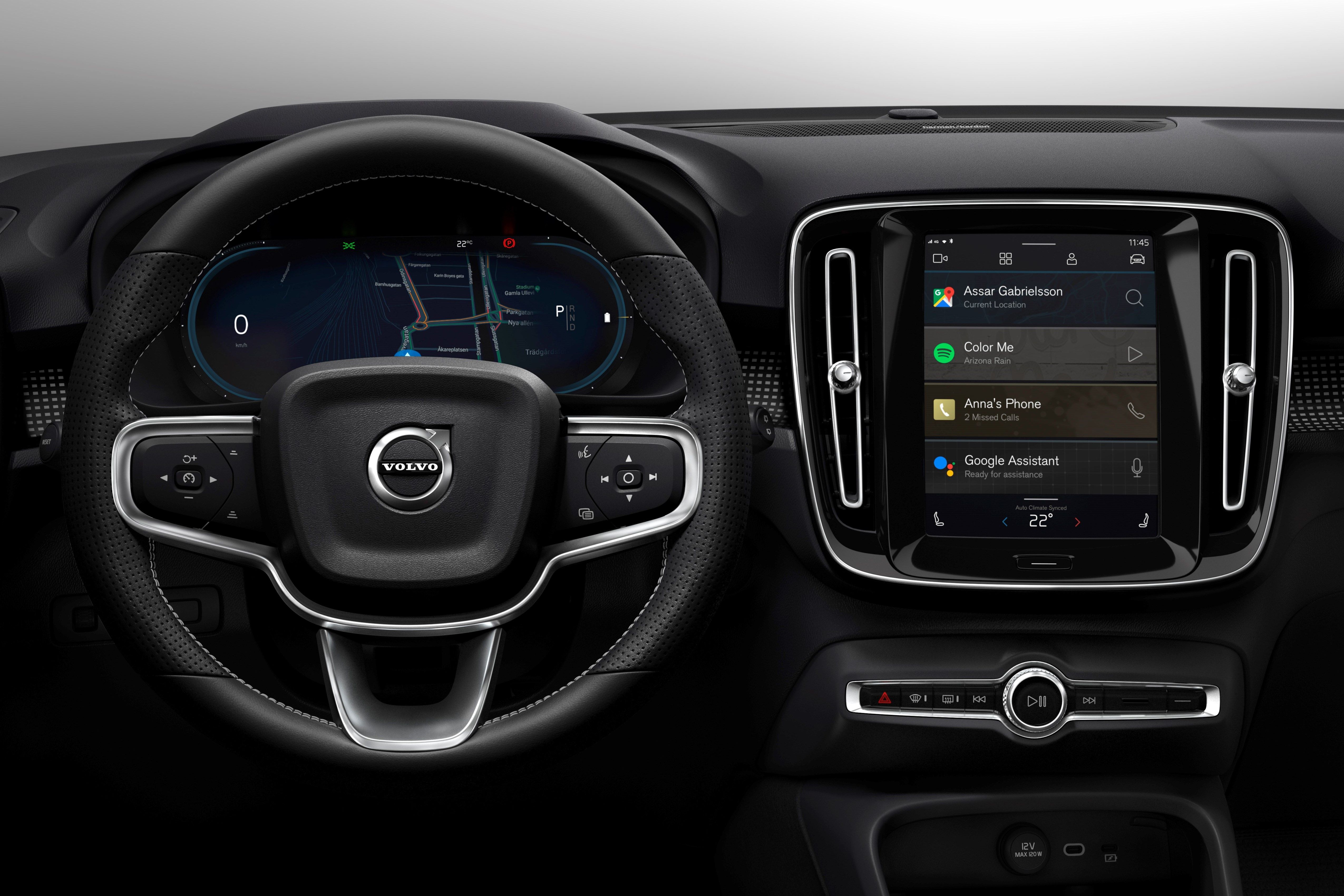latest

A few weeks back, Xiaomi, best known for its smartphones, unveiled a high-end electric vehicle that it suggests can compete with the likes of Porsche and Tesla. Restoring balance to the universe, luxury EV brand Polestar is set to unveil its new smartphone next week. While we don’t know much about it in terms of the specs and features, the company today shared some pictures of what the phone looks like, and boy, does it look cool!

Android Automotive is coming to a lot more vehicles this year — here's which brands are supporting it so far
Meanwhile, BMW is integrating Android Auto more tightly
Read update
Google is trying to take over in-car software with initiatives like Android Auto and Android Automotive OS, and that effort seems to be well received among customers and car manufacturers. The company today announced that there are now over 100 million cars compatible with Android Auto on the road. And Android Automotive, Google's dedicated software kit for in-car infotainment, is also coming to ten more vehicles launching this year.

You can now view photorealistic 3D car models from Porsche, Volvo, and more on your Android phone
If you're in the US, that is
About a month ago, Google published highly realistic 3D models of 250+ cars that could be viewed with an Android phone in the Search app. Today, Google has added models from Porsche, Volvo, and FCA (well, it's Stellantis now) to the mix, making it even easier to daydream.

Polestar, the performance-focused subsidiary of Volvo, introduced its latest concept vehicle at this year's Geneva Motor Show. The Polestar Precept is an all-electric sedan designed to showcase the company's "next-generation HMI" (human-machine interface) powered by Android Automotive and the extensive use of sustainable materials in its design.

Read update
Google has been working on the native version of Android for cars, Android Automotive, for years. After Volvo offered us a first look at the operating system on its all-electric Polestar 2 back in May, the car manufacturer is now ready to deploy Automotive to another upcoming EV. The company has announced that the XC40 will run Android, too.

Volvo has just taken the wraps off of the Polestar 2, an all-electric sedan-crossover thing intended to go head-to-head with the Tesla Model 3. The affordable electric car aspect isn't the only talking point of this; it's also the first vehicle with Google's deeply-integrated Android Automotive infotainment system.

Back at I/O '17, Google announced that Volvo and Audi would be the first manufacturers to introduce a standalone, more deeply integrated version of Android Auto. One year later, at I/O '18, Google actually showed off several cars with prototypes of what it now called "Android Automotive." Now that Volvo has revealed that its all-electric Polestar 2 will be the first car with Android Automotive onboard, we finally have a more concrete arrival date for Google's long-awaited infotainment system.

Read update
- Shortly after this article was published, Google updated Opel and Vauxhall's Android Auto pages as well. For those of you who don't know, Opel owns Vauxhall, and the two offer identical cars with the same model names in different markets. Here are the changes:
Android Auto is already supported on a wide variety of vehicles, but its spread will continue to grow so long as new cars are released. With this latest update to its site, Google's in-car system is now compatible with six new cars: two Alfa Romeos, three Volvos, and one Nissan (and two Nissan navigation systems). It's also coming soon to Dacia.

Google is gearing up for a lot of announcements tomorrow at I/O, but it looks like the company is ready to start sharing ahead of time a little bit of car-related news. It is announcing enhancements to the Android Automotive platform, though that's still a couple of years away from reality, and new capabilities for Android Auto.

Today Google has revealed more info on its new standalone Android platform for cars. Unlike Android Auto, which just casts info from your phone onto whatever software your vehicle maker has tossed together, the new system is based on Android and brings some of the same tools Android Auto had natively. Google revealed this initiative at last year's I/O, but there hasn't been much news apart from Chrysler's concept back at CES. Both Audi and Volvo will be making use of the new systems in future vehicles.

Cars are the biggest piece of tech most of us own, but they're relatively conservative. Newer models may come with USB ports, Bluetooth, and touchscreens, but those have been elements for years. And the touchscreen experience isn't generally all that good, even with spiffy spoftware.

Volvos often get a bad rap. The running gag in the 80s and 90s was that the Swedish automaker known for some of the highest safety ratings on the road made boring cars for boring people. But these days Volvo offers a wide range of cars and SUVs, from mid-range to sport to luxury, with styling and features that meet or beat most competitors - all without sacrificing safety. That makes Volvo pretty cool in my book... but its Android apps still suck.







